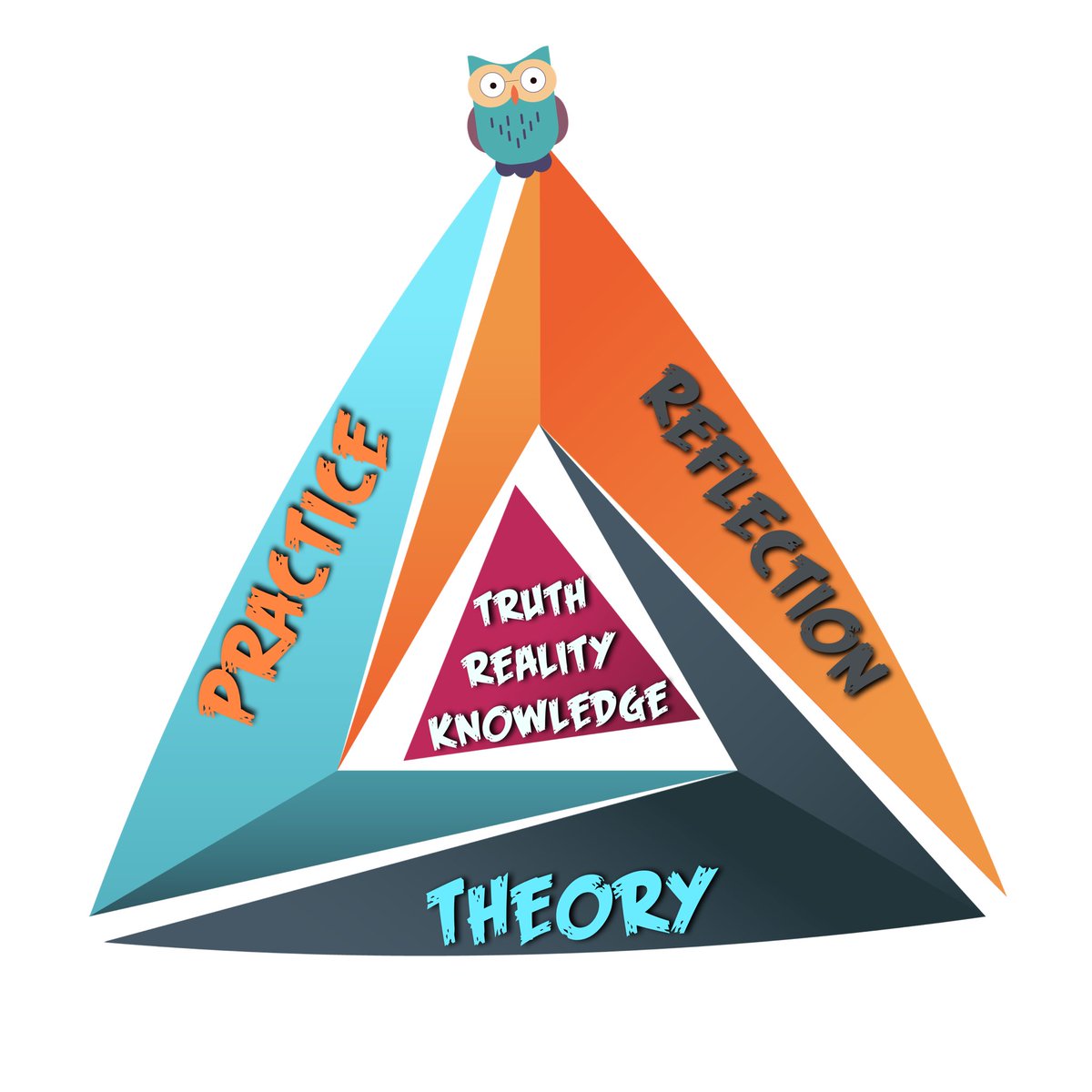
Not enough focus on good followers in the game of #Leadership.
Good followership entails: deliberate observation of and reflection upon Leader X, Y, or Z’s leadership effectiveness or lack of effectiveness.
Followers should seek to identify and evaluate: how leaders’ X / Y / Z actions, attitudes, decision making, belief in others, character traits, etc., affect those at the individual level, and affect those within a team framework. We could extend this into our communities.
It seems vital that followers see successes and failures of their leaders and how the followers reacted to those successes and failures. Some questions followed should ask in reflection / self-reflection: What works; what does not?
What was the context that shaped a leader’s decision making? Did the leader lead with a heavy heart or iron fist? Given what I observed from Leader X, would I be willing to act that way or make that decision? Why or why not? How would I have led differently?
Do people willingly follow leader X or do they follow leader X out of necessity? Followers should examine this question, because the quest for answers helps shape one’s own leadership philosophy.
Support and promote impactful leadership. A good follower can serve as an ambassador for someone’s leadership style just as easily as they can externally promote their company’s values or externally promote the quality of products or services.
Again, without followers, leaders are obsolete. Thousands of leadership books would be useless. Followers need positive role modeling, because followers will drive us into the strategic future, and they learn how to lead + how not to lead from the powers of observation.
It would be wise for leaders to reflect, occasionally, on how their actions, behaviors, and decisions affect a followers’ opportunities to observe, mimic, and grow. The leader is watched; the follower watches, constantly. #LeadershipDevelopment #LeadershipforGrowth #leadosophy
@threadreaderapp unroll
• • •
Missing some Tweet in this thread? You can try to
force a refresh



